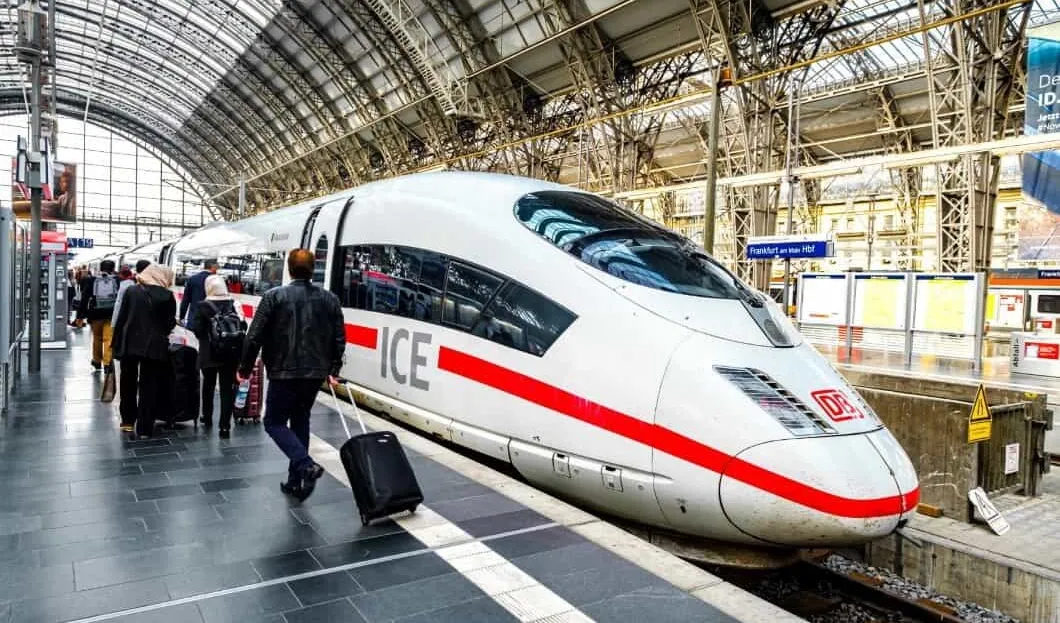
Deutsche Bahn (DB) has been experiencing more delays in long-distance transport (ICE and IC trains) than in the past eight years. In the previous month, every second long-distance train operated by the federally owned company was late. In November, only 52% of long-distance IC and ICE trains arrived at their destination on time, according to a DB spokesperson.
The primary reason for the delays is the increase in "short-term construction activity," which has risen significantly year-on-year. Approximately 75% of long-distance trains were slowed down by at least one construction site. Due to the significant renovation backlog, DB had to increase the construction volume in the current year dramatically.
Failures over many decades
Federal Transport Minister Volker Wissing has attributed the unsatisfactory punctuality rate of trains in Germany to decades of infrastructure neglect. He believes the only solution to improve punctuality is to renovate the railway system. The Riedbahn, which is one of the main arteries of the German railway network, will be completely renovated next year. This renovation is expected to positively impact the reliability and punctuality of long-distance trains throughout Germany.
In Germany, a train that arrives less than six minutes late is still considered to be on time. However, the railway spokesman has acknowledged that this level of punctuality needs to meet their standards and the expectations of their passengers. Deutsche Bahn has struggled with punctuality issues for years compared to other international railway services. Unfortunately, the problem has only worsened recently, with punctuality rates dropping from 75.2% in 2021 to 65.2% last year.













